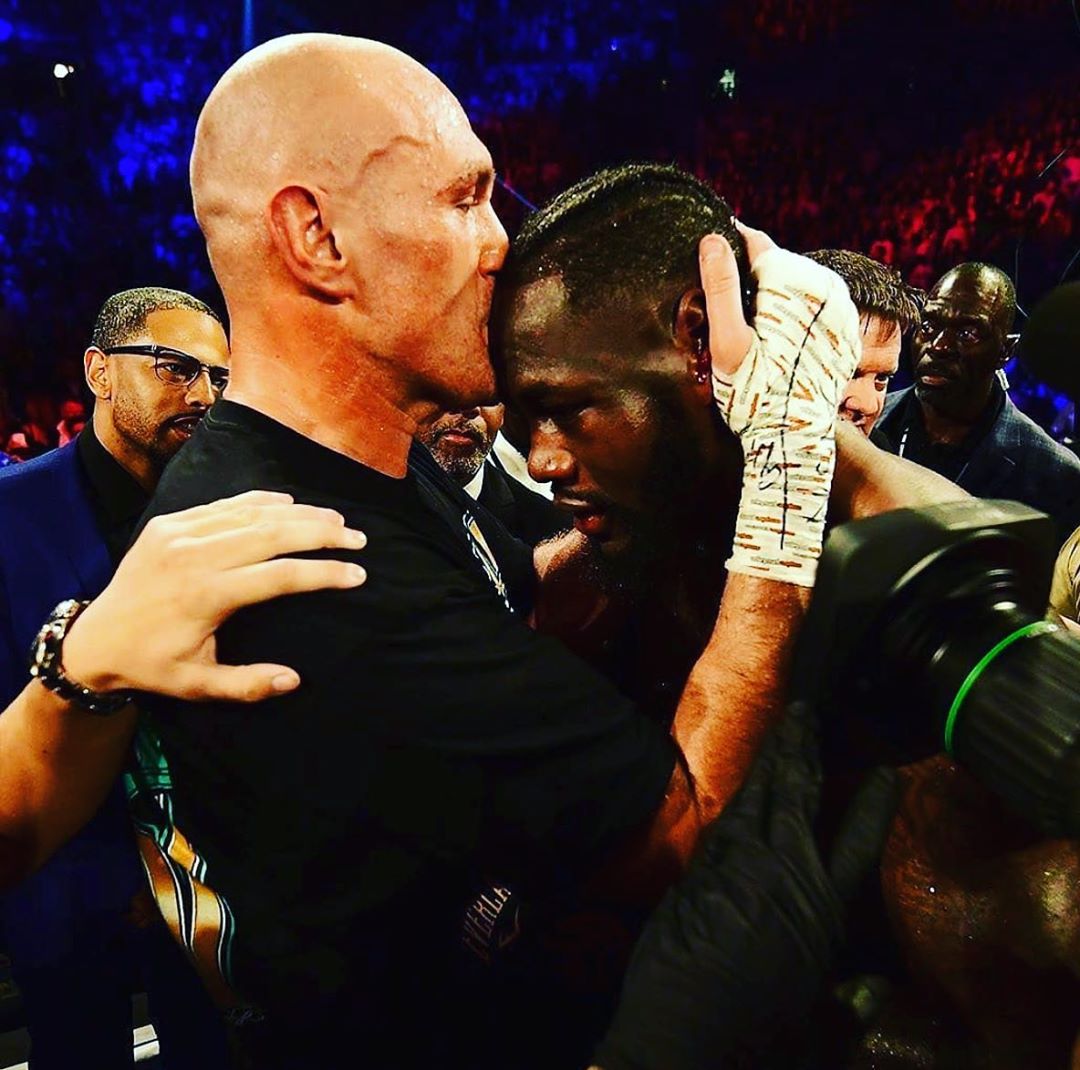Tyson Fury was born three months premature, weighing less than half a kilogram.
That he grew into such a large lad proves he was a fighter from the start. Impediments have popped up all over his life, but the champion heavyweight boxer has never been overly fazed by problems.
Having scaled boxing’s Mount Olympus with a spectacular performance against Deontay Wilder last weekend, the charismatic fighter has become the poster child for unorthodoxy.
It’s not just that he does things differently, he turns expectation on its head.
You could count on one hand the people who truly believed he was capable of beating boxing’s heaviest puncher. Few beyond his camp and his family bought into his outrageous prediction of a stoppage.
Officially, the fight odds were about even, but those siding with Fury thought he might box and jab his way to victory rather than inflict a vicious beatdown. What we got was a nasty mugging as Fury dominated and bullied the champion, bruising and bloodying Wilder on the way to a popular victory.
Fury’s win was an endorsement of sport in its purest, most unsullied form. Quite apart from letting us enjoy the anticipation of something electric, especially when heavyweights are involved, the sheer majesty of Fury’s performance reemphasised sport’s capacity for the unpredictable.
Given the form line, I’d have bet my house on Wilder winning. The American looked to have almost all the critical advantages, but Fury’s win was nuanced and deeply intelligent. He boxed as he never has, he was more aggressive and his punches were more concussive than ever.
Frankly, he made a mockery of many experts, among them champion boxers, prominent trainers and smart boxing insiders.
I heard comparisons with England’s domination of Ireland in the Six Nations several hours later, but a more apt similarity lay in the Springboks’ World Cup triumph over England last November. The Boks had largely played possum until they reached the final, showing few signs that they would be able to compete with England’s power game and pace out wide.
Most analysts and experts predicted a long, difficult afternoon for South Africa, but again expectation was given a bloody nose. The Boks’ “Bomb Squad” came to the party, England’s scrum was pulverised and Faf de Klerk’s kicking game was packed away in favour of a game of width and imagination.
Again, careful analysis and bar-room talk turned to mush as the Boks gave lie to orthodoxy and form. If anything, that day, and indeed Fury’s performance, proved that the ability to adapt is arguably more valuable than other fundamentals.
Fury also gave lie to the belief that his much-publicised issues with mental health might affect his ambition. In an ironic twist, he entered the ring as Patsy Cline’s haunting “Crazy” rang out, but there was nothing crazy about what he delivered. It was one of the cleverest, most cunning assaults ever witnessed in a boxing ring.
The colourful Englishman loves to play the part of the pantomime villain – he may be the most charismatic fighter since Muhammad Ali – but deep down he has a fighter’s cold instincts, plus the ability and skill to get the job done.
He’ll be priced up as a heavy favourite no matter whom he next fights, but as last weekend demonstrated, making predictions in sport is a hazardous, often foolish game at the best of times. – © Sunday Tribune

